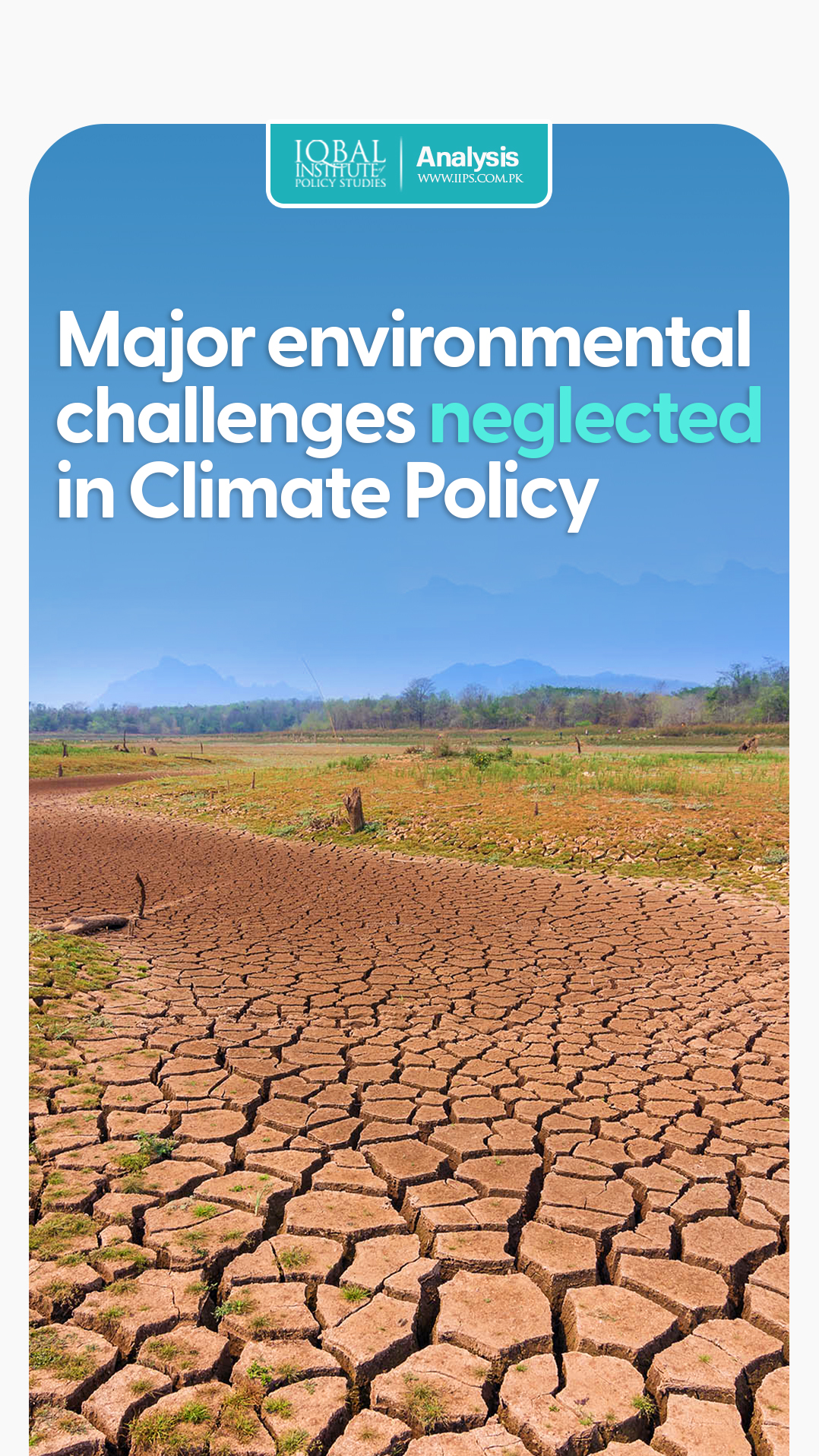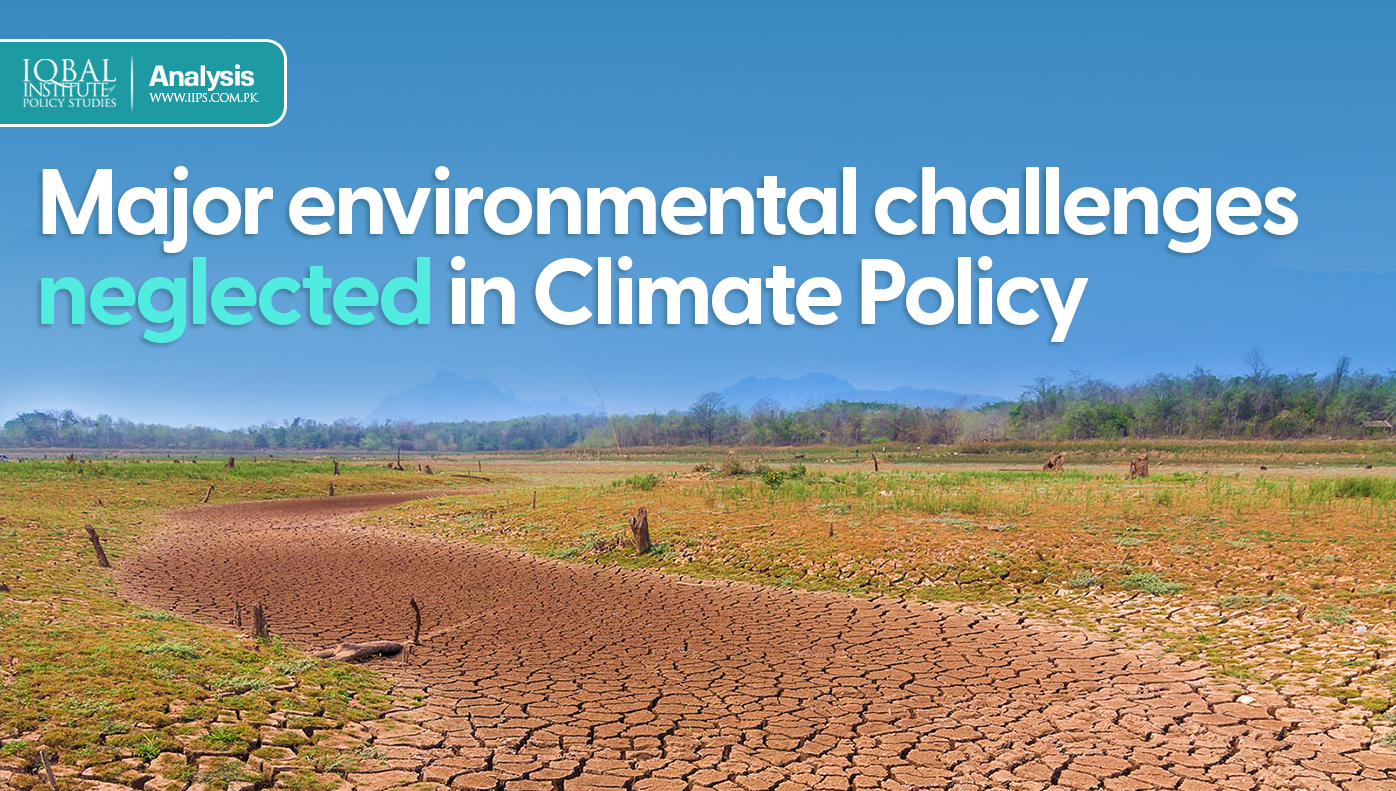Pakistan is facing many environmental challenges including air pollution, water pollution, and global warming, that negatively impact the country’s health, agriculture, and the overall economy. The main reasons for these environmental issues are carbon emission, deforestation, population explosion and lack of proper policies and finances to mitigate and adapt to climate change effects. However, the government has made policies and laws to address these environmental issues but failed to implement them.
The Sindh Environment Protection Agency (SEPA) has prepared a climate change policy to address major environmental challenges in the province. It evaluates the effects and consequential damages of global warming and climate change, increasing population, and water shortage in Sindh during the next three decades. Also, it gives suggestions on what efforts can be made to deal with these environmental issues.
However, the climate change policy has neglected major environmental challenges Karachi faces and the issue of carbon-intensive energy generation in Thar that can turn Pakistan into a major air pollutant hotspot in coming years. The policy lacks a plan to deal with heatwaves and urban flooding in Karachi. These environmental challenges pose serious threats to human health and life. Pakistan has been declared among the top ten most affected countries by climate change. To address the climate change issue, the provincial government should make the policy people-centric and develop an effective mechanism for tackling environmental challenges in rural and urban areas.



Leave a Reply